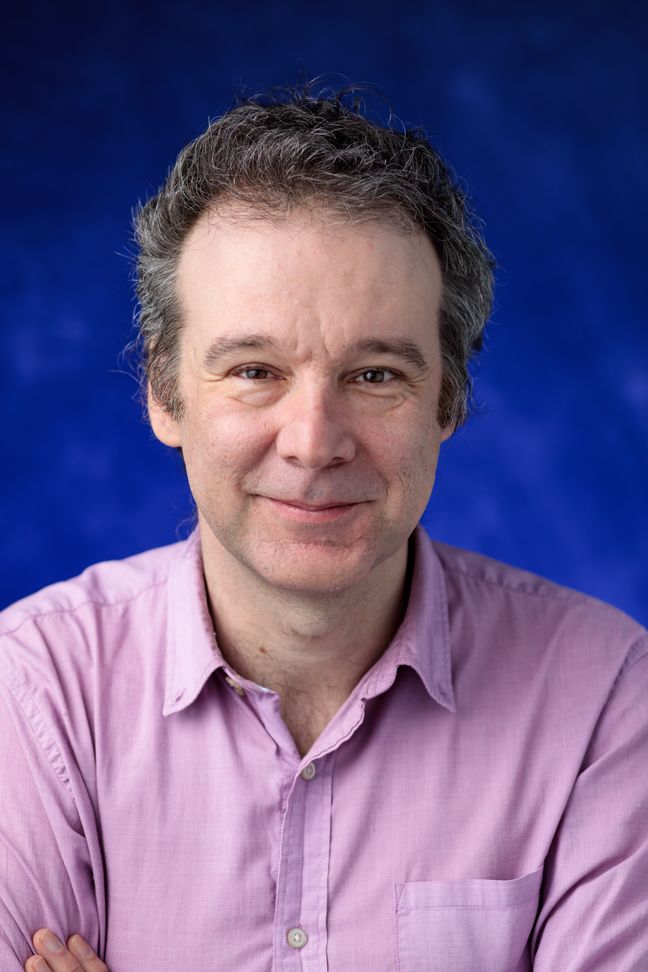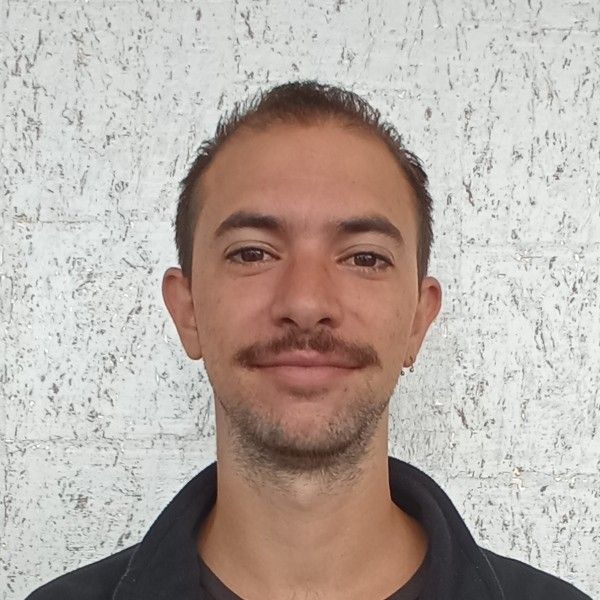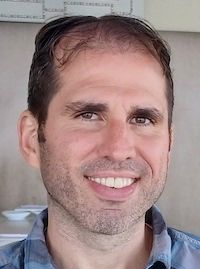
IVADO's Quantum Seminars

April 25, 12:30 PM - Dr. Aram Harrow
Center for Theoretical Physics, MIT

May 16, 12:30 PM - Alexander Schmidhuber
Center for Theoretical Physics, MIT

May 21, 12:30PM - Risi Kondor
Department of Computer Science and Department of Statistics, University of Chicago

May 30, 12:30 PM - Martin Larocca
Postdoctoral Research Associate at Los Alamos National Laboratory

June 6, 12:30 PM - Mark Wilde
School of Electrical and Computer Engineering, Cornell University
Location
Campus MIL - A-3502.1
1375 Avenue Thérèse-Lavoie-Roux Montréal, QC Canada, H2V 0B3
Dates
Registration period:
April 14, 2025 - 09:00 EDT - June 3, 2025 - 23:59 EDT
Contact us
If you have any questions, please contact josee.savard@ivado.ca